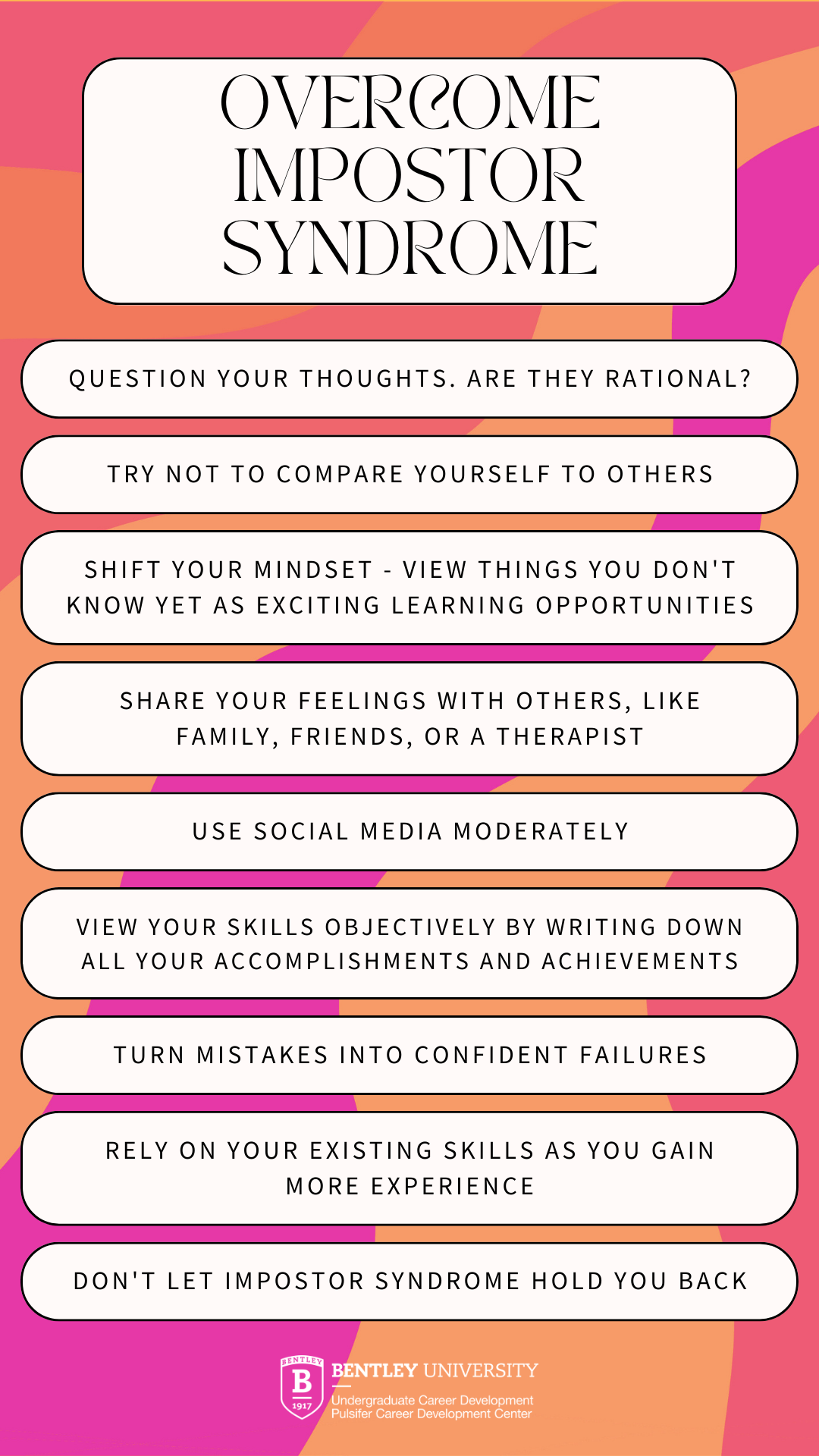Understanding the Cognitive Basis of Procrastination, Emotional Dependency, and Impostor Syndrome
Understanding the Cognitive Basis of Procrastination, Emotional Dependency, and Impostor Syndrome
Blog Article
In the modern age, people often face internal obstacles that hinder their success. Among these, procrastination, emotional dependency, dependecia emocional and impostor syndrome are some of the most common challenges. What can you do to break free from these patterns?
In this guide, we will explore the root causes and strategies to address these three challenges. By understanding their impact and learning how to tackle them, you can build a healthier mindset and achieve your goals.
What is Procrastination?
Procrastination refers to postponing important activities even when you are aware of the consequences. It often stems from fear of failure, lack of motivation, or poor time management.

The effects of procrastination, can be far-reaching. Overcoming procrastination requires developing better habits and creating actionable plans. Consider techniques like the Pomodoro Technique or focusing on time-bound goals to stay on track.
What is Emotional Dependency?
Emotional dependency occurs when an individual relies heavily on others for validation, support, or happiness. Although relationships are fundamental, emotional dependency can become unhealthy when it leads to a lack of independence.

Common signs of emotional dependency include a fear of rejection, difficulty making decisions independently, and constant seeking of external approval. Breaking free from this pattern, it’s crucial to build self-confidence and learn to validate yourself internally. Therapy, mindfulness practices, and journaling can be helpful tools.
What is Impostor Syndrome?
Impostor syndrome is the persistent belief where individuals doubt their accomplishments despite evident success. People with impostor syndrome often attribute their achievements to luck rather than recognizing their talent and hard work.

This mindset can lead to anxiety, self-doubt, and hesitation to pursue new opportunities. To overcome impostor syndrome involves challenging self-critical beliefs and celebrating accomplishments. Seeking feedback from trusted peers and embracing self-compassion can also help you build confidence.
Steps to Overcome Procrastination, Emotional Dependency, and Impostor Syndrome
Here are some practical steps:
- Develop structured daily plans and set achievable goals.
- Recognize triggers that contribute to your emotional reliance and work towards independence.
- Practice gratitude to counter impostor syndrome and consider therapy or coaching.
Consistency is key, so stay committed to these approaches to see positive changes.
Moving Forward from Mental Barriers
These challenges can feel overwhelming, but you can overcome them by taking deliberate action. By understanding their roots and applying effective techniques, you pave the way for a healthier, more fulfilling life.
Start today by acknowledging where you stand and adopting simple, actionable strategies. Remember: progress is a journey, not a destination.
Report this page